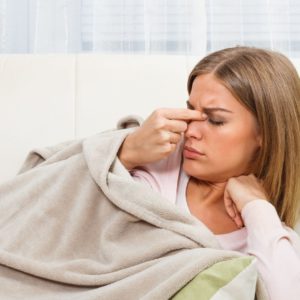
Traditional treatments for obstructive sleep apnea are relatively familiar to a lot of people. The most common medical therapy has historically been CPAP, a machine that delivers forced air into the nostrils to keep the airway from collapsing. The modality can be effective. It can also be uncomfortable. This is one reason why compliance with CPAP therapy may be so low. To improve patient outcomes, a vital task in addressing obstructive sleep apnea, doctors consider the most definitive and minimally invasive techniques available. For those who are resistant to surgery and who meet certain criteria, balloon sinus dilation may be a suitable option.
What is Balloon Sinuplasty?
Balloon sinus dilation, or balloon sinuplasty, is a minimally invasive procedure that is performed in the office. It is made comfortable with a local anesthetic that is sprayed into the nose before we begin. Balloon sinus dilation is performed endoscopically. A small tube with a balloon at its tip is inserted into the nose just to the natural sinus opening. Once in place, the balloon is slowly inflated. This presses the walls of the sinus cavity open to expand the capacity for airflow by permanently widening the sinus outflow pathways. It also removes any blockages that have developed here.
While the balloon is inflated, patients may hear a crackling sound but do not typically feel discomfort. The crackling sound is an indication of the remodeling of the thin bone surrounding the sinus openings, called the ostia. It is the healing of the bone in the open position that creates a new, stable pathway for air to flow out. A significant number of patients who undergo this procedure report improved and more restful sleep after their treatment.
If you or someone you love is showing signs of sleep apnea, contact our St. Louis office. Our sleep apnea center can provide diagnostic testing to confirm the type of sleep apnea that may be occurring. To schedule a consultation, call 314-450-7720.

